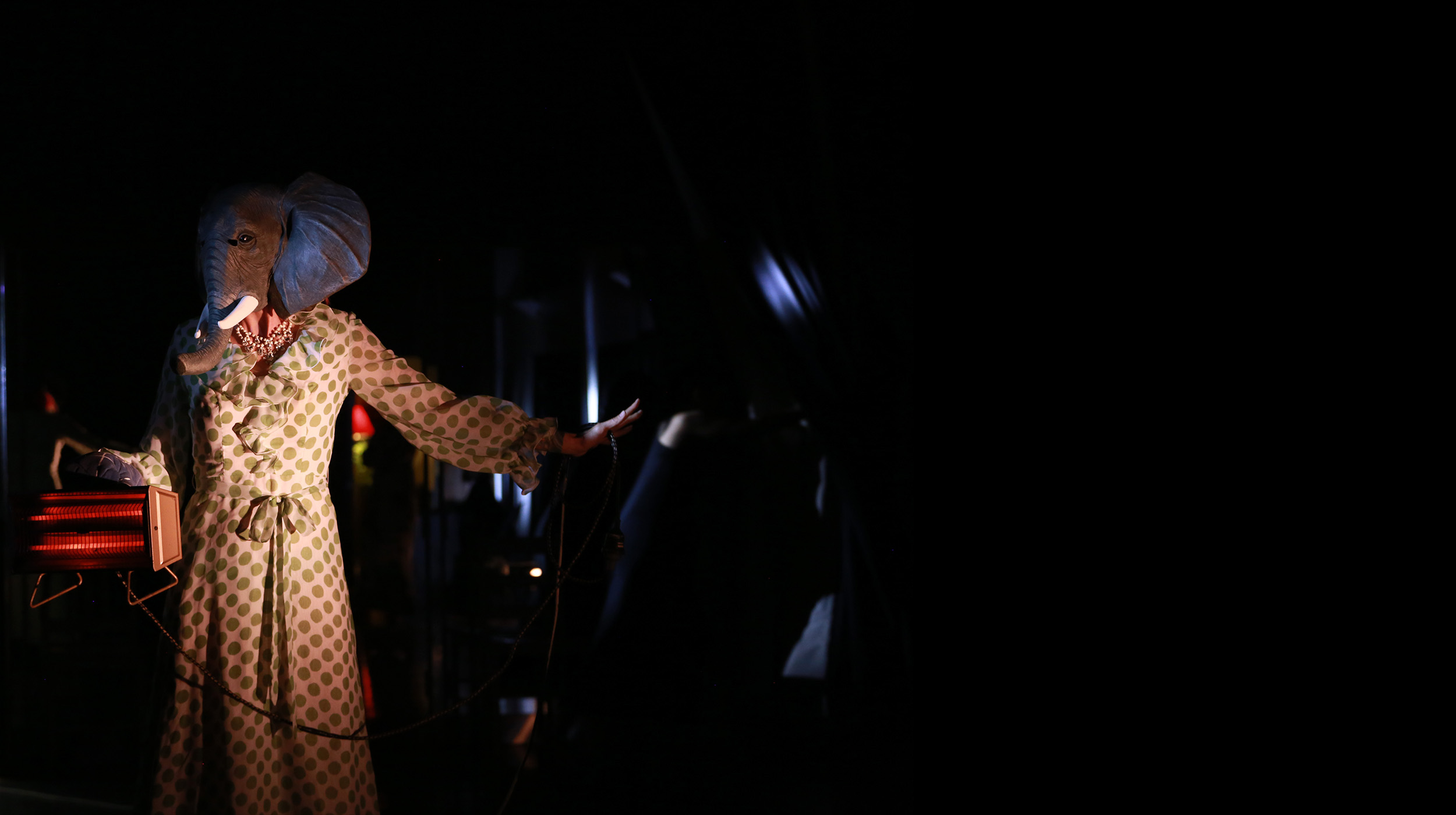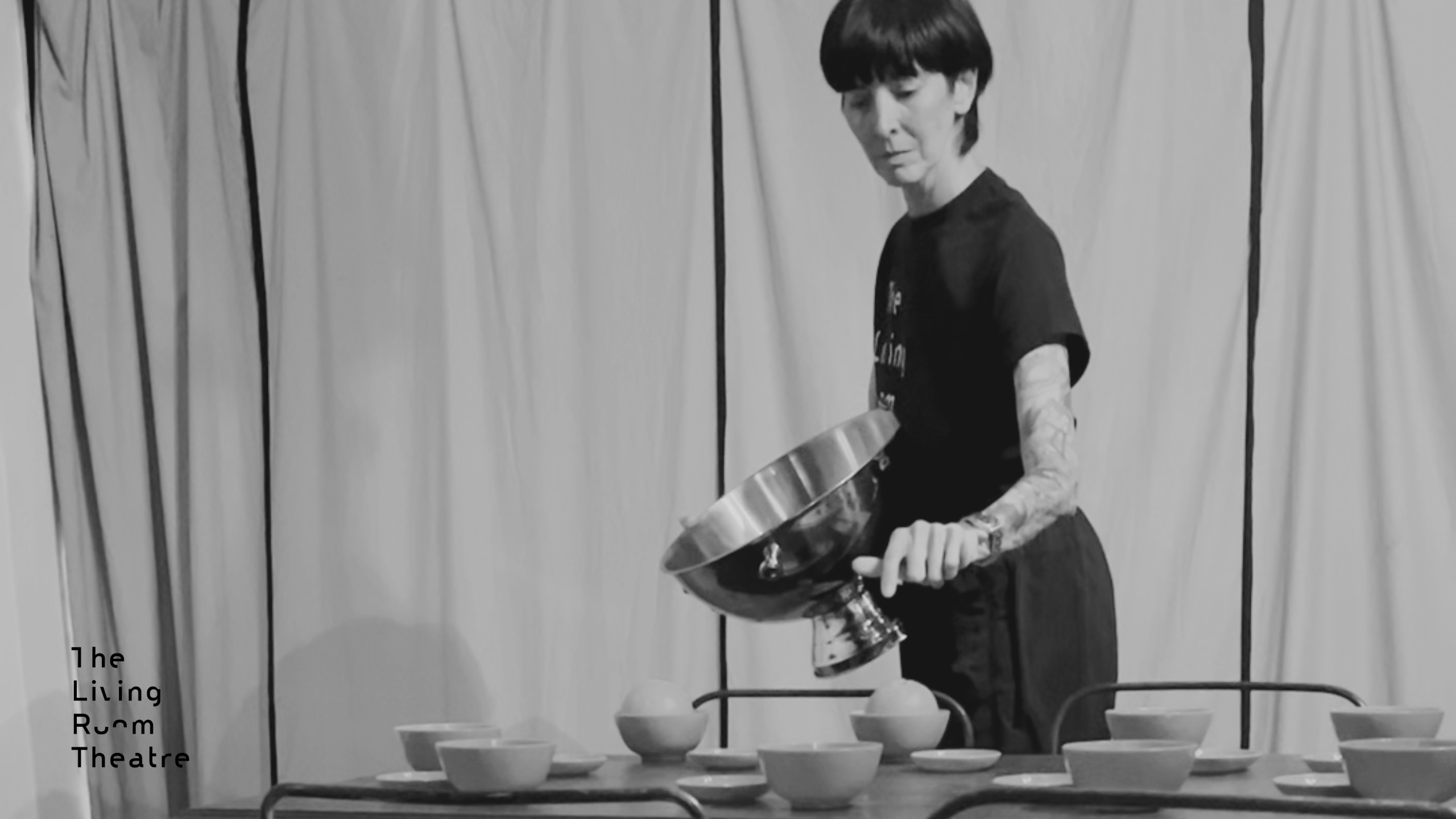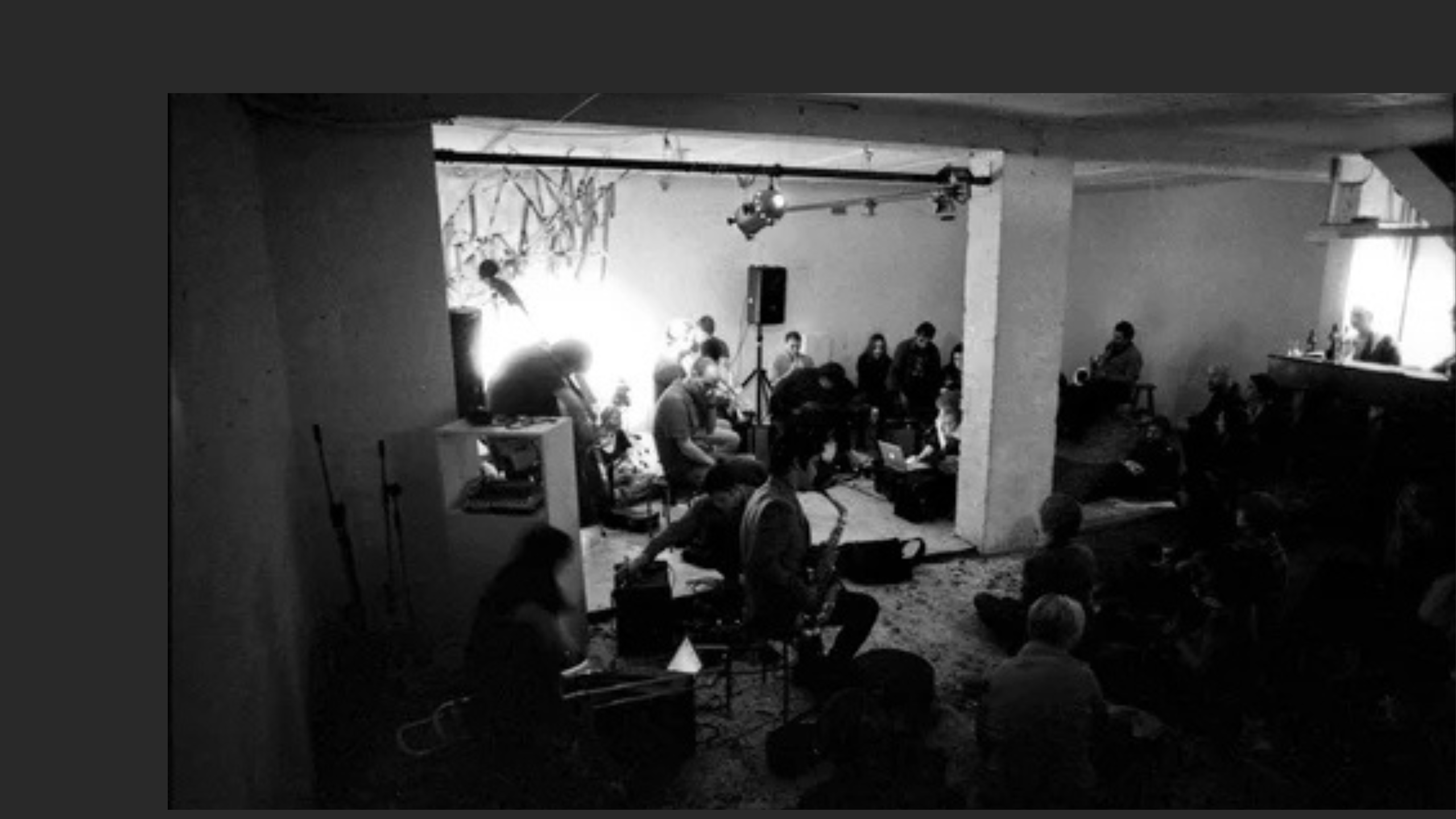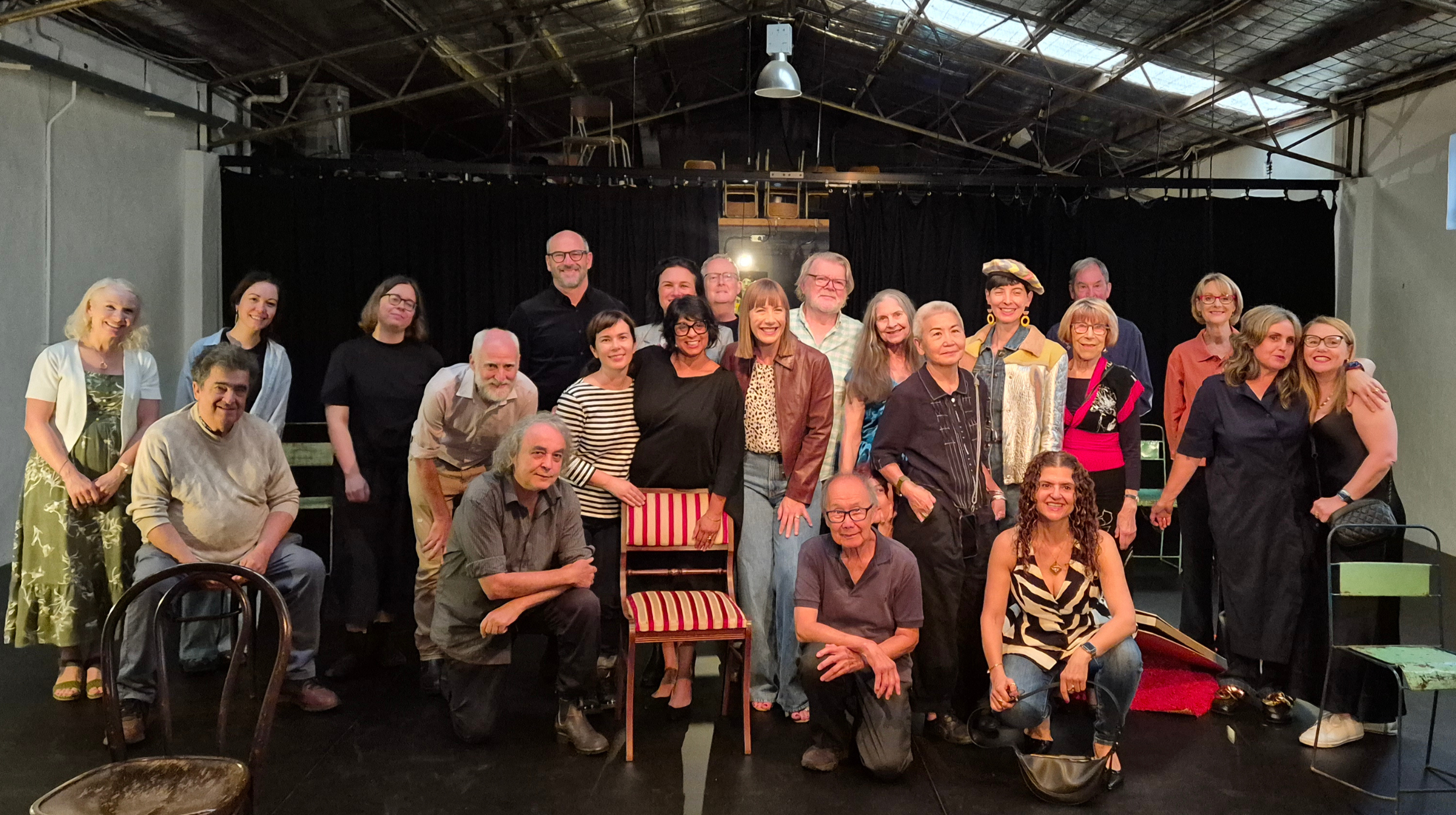
Lola Stayed Too Long: Dancing with An Elephant
21.05.2018
An Australian Summer is unforgettably unique.
It’s hot. That seems like a superficial statement, but it’s not. It is a thick, wet, sticky heat that pervades everything that you do. The further north you go, the stickier and longer lasting is the heat. But make no mistake; the heat is an inescapable part of an Australian summer.
In all my 22 years, this has never changed. From late October to the end of April, like clockwork, the heat has crept in and stuck around, permeating everything. Watching the cricket? Better make sure you position yourself next to a fan. Going to the beach? Make sure you walk strategically, so you take a few steps as possible on the white hot sand. No matter what, make sure you slip slop slap, stay inside in the middle of the day, and keep hydrated. Of course, this can be difficult when it’s 30 degrees by 9 AM, and it won’t cool down for another 12 hours. Summer can be a struggle. It is overwhelming.
Lola Stayed Too Long had the same effect. Walking around the JD Stewart building late at night, the tension that rose was tangible, palpable. Like the heat, it lingered, it festered, it grew.
Lola mixed the surreal with the institutional. Academic lectures were interspersed with sometimes ethereal sounds, produced with skis, large ferns, and microphones in jars of water. Voices rose and fell, sometimes with dense, intellectual jargon, other times with cacophonous screams of anguish. Always, sound layered upon sound. Lola assaulted all of my senses. And, even though it was a cool night, it felt decidedly familiar. As one lecture became two, and two became three, the overlapping sound buzzed around in my brain, overwhelmed it, numbed it. Heat isn’t the only thing that’s eternal in the Australian summer. Infuriating mosquitoes and flies make their presence known too, buzzing around your head, always a little bit too quick to be able to swat. In much the same way as flies do, the recorded words buzzed around in my mind. Snippets stuck with me. The notion of wilful denial. The optimal temperature for reptiles. The fact that excessive consumption is baked into our lifestyles.
Always present was the literal elephant in the room. Crowned with an always-changing sash, for beauty competitions around the world, she hid in the shadows. Her expressionless mask betrayed nothing. She was a bystander too. Watching, waiting, she led us between the rooms of the darkened and abandoned building, and while we were exhausted and mentally thrown around, she danced in our faces. Even when the two nameless figures, who acted as our protagonists, were granted a small reprieve with a literal cold shower, the elephant sallied on in. It was a heavy metaphor, particularly after a night that left you mentally exhausted, but it was the right one.
Lola Stayed Too Long was, above all, for me, a note on the travails of studying climate change. Too often, it can all seem far too difficult. Hearing about yet another day that breaks the temperature record, or dramatic natural disasters affecting another place that is ill-equipped to deal with them, or another breakdown in climate negotiations is, if nothing else, extremely tiring.
But that is what the elephant does. If it beats us down, if we let the heat keep us lying down, and we decide that there is nothing to be done, the elephant will keep on dancing. Lola made me feel uncomfortable. Difficult things generally do.
Above all, Lola was a confirmation of what many academics and activists who are trying to bring about actual climate change action already know. It is overwhelming, exhausting, numbing. It can be easy to say “nothing can be done.” But here, Australians are at a distinct advantage. We’ve lived our entire lives where, for six months of the year, every step forward that we take can be a struggle. We can stand the heat.
We need to. We need to dance with the elephant and calm her down. Lola Stayed Too Long was a visceral, powerful reminder of this.
Maybe the struggle of the Australian summer is more useful than we could have ever hoped.
Patrick Cain is a fourth year student with a Bachelor of International and Global Studies, with majors in Government and International Relations and French Studies. Currently taking honours in the department of Government and International Relations, Patrick’s research interests in sustainable development were piqued after an exchange to Sciences Po in Paris. These interests include examining the capacity of cities to act as policy entrepreneurs, shifting the discursive landscape surrounding climate change and sustainable development.


